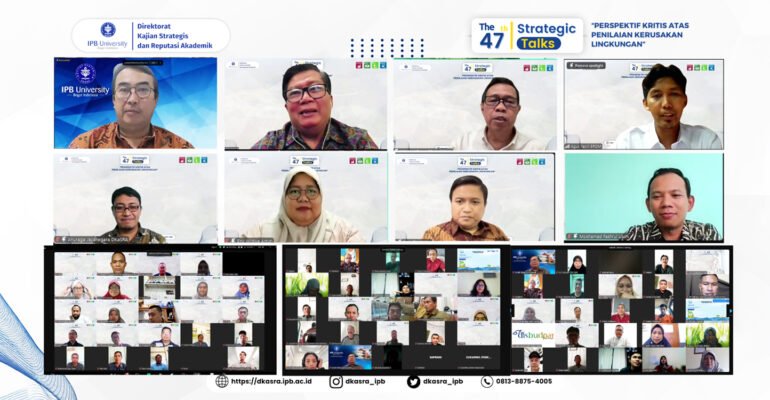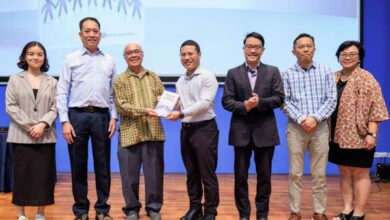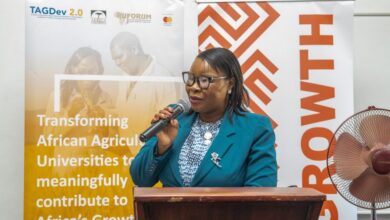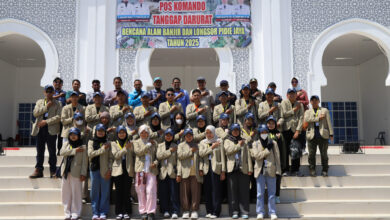IPB University Emphasizes the Vital Role of Environmental Damage Assessment in Ecosystem Management

IPB University recently hosted the 47th IPB Strategic Talks, which centered on the importance of environmental damage assessment in the context of natural resource ecosystems. The event, held on February 4, 2025, featured the Vice Rector for Research, Innovation, and Agromaritime Development, Prof. Ernan Rustiadi, who spoke about the continuing relevance of environmental issues in research and public discourse.
Legal Frameworks Governing Environmental Damage Assessment
Prof. Dodik Ridho Nurrochmat, an authority on environmental policy at IPB University, discussed the legal frameworks governing environmental damage assessment in Indonesia. He referenced the Minister of Environment Regulation No. 7/2014, which implements Law No. 32/2009 regarding Environmental Protection and Management. This regulation allows governmental bodies to pursue compensation from businesses that contribute to environmental degradation.
Assessing Environmental Loss
Prof. Dodik highlighted that environmental loss assessments can be extensive, encompassing both direct and indirect damages. He noted that such evaluations necessitate complex considerations to ensure fairness and effectiveness in restoration efforts.
Natural Resource Damage Assessment (NRDA)
Prof. Akhmad Fauzi, an expert in natural resource and environmental economics, introduced the Natural Resource Damage Assessment (NRDA) approach. He explained that NRDA is a globally recognized method for evaluating environmental damage, integrating economic, social, and environmental factors to produce more accurate damage assessments.
Benefits of NRDA
During his presentation, which was attended by 530 participants via Zoom, Prof. Fauzi stated that NRDA is beneficial not only for calculating losses but also for determining compensation and developing effective restoration strategies.
Challenges in Assessing Peatland and Mangrove Ecosystems
In a subsequent segment, Agus Yasin, SHut, MSc, from the Peatland and Mangrove Restoration Agency, discussed the challenges involved in assessing damage to peatland and mangrove ecosystems. He identified issues such as the lack of accurate environmental data and varying methodologies as significant obstacles that often hinder the enforcement of sanctions and successful restoration projects.
Importance of Public Awareness
Yasin emphasized the importance of increasing public awareness and community participation to enhance the effectiveness of environmental assessments and restoration initiatives.
Strategies for Ecosystem Restoration
The speakers collectively stressed the need for ecosystem restoration strategies that consider more than just economic values, aiming to restore lost biodiversity and ecological functions.
Recommended Outcomes from the Webinar
The webinar produced several recommended outcomes, including the promotion of inter-agency and cross-sector collaboration, the development of innovative damage assessment methodologies, the implementation of environmental compensation payments for ecosystem rehabilitation, and the enhancement of public engagement in evaluation and restoration processes.
(Original source: IPB University)




